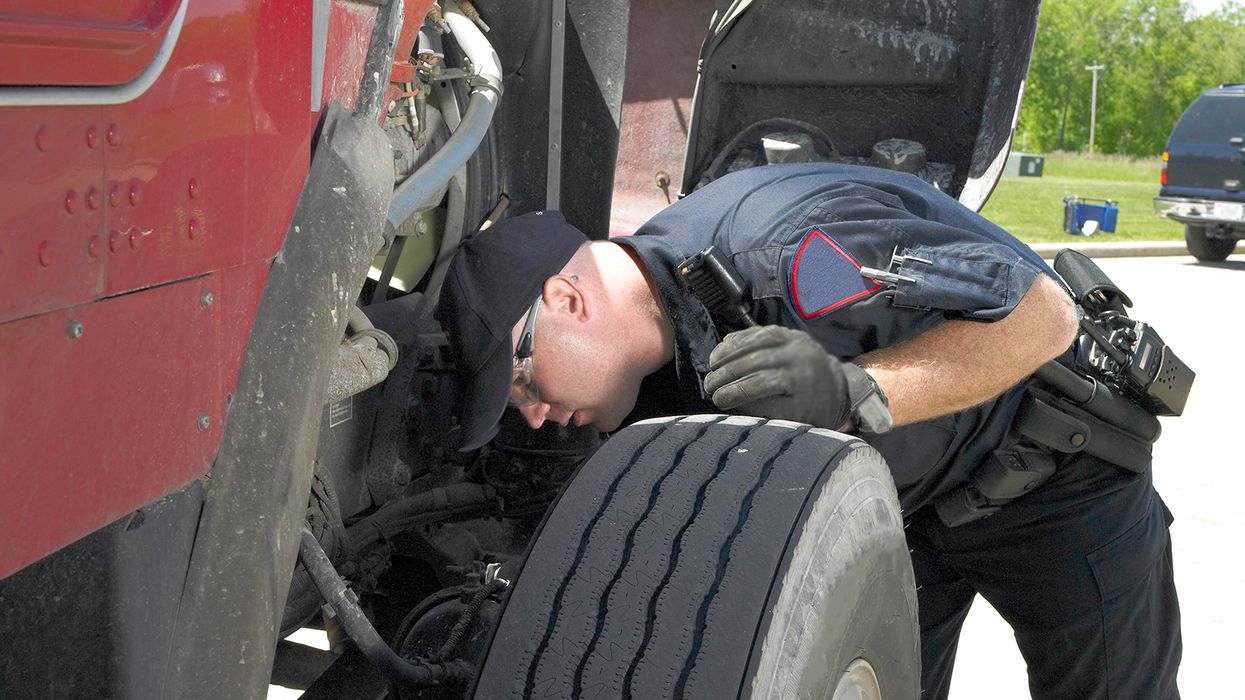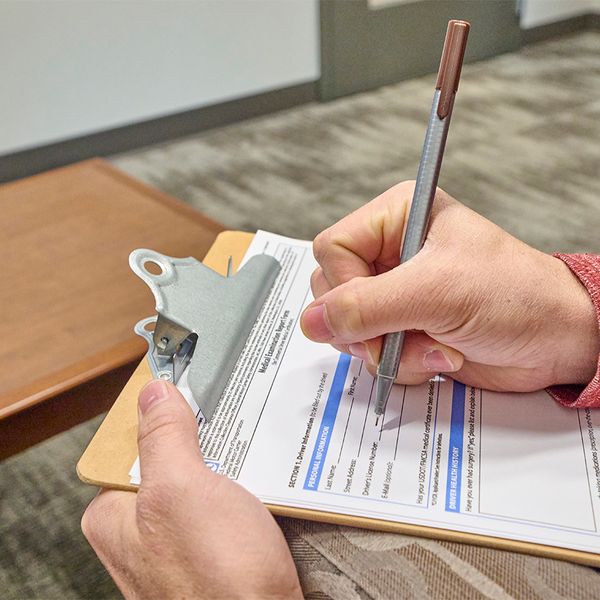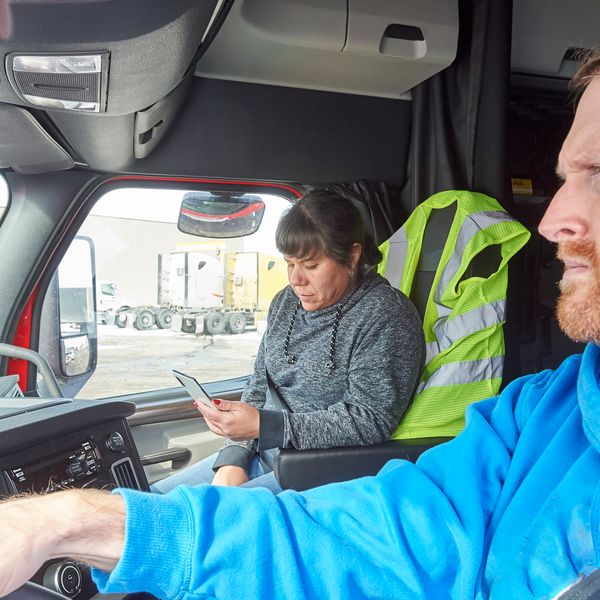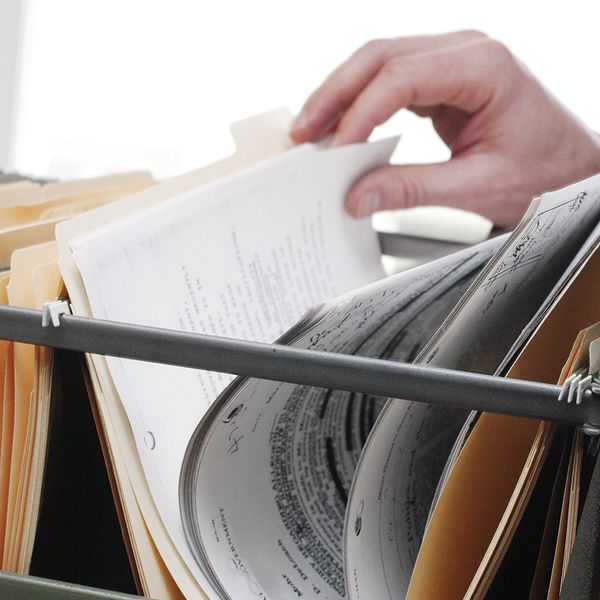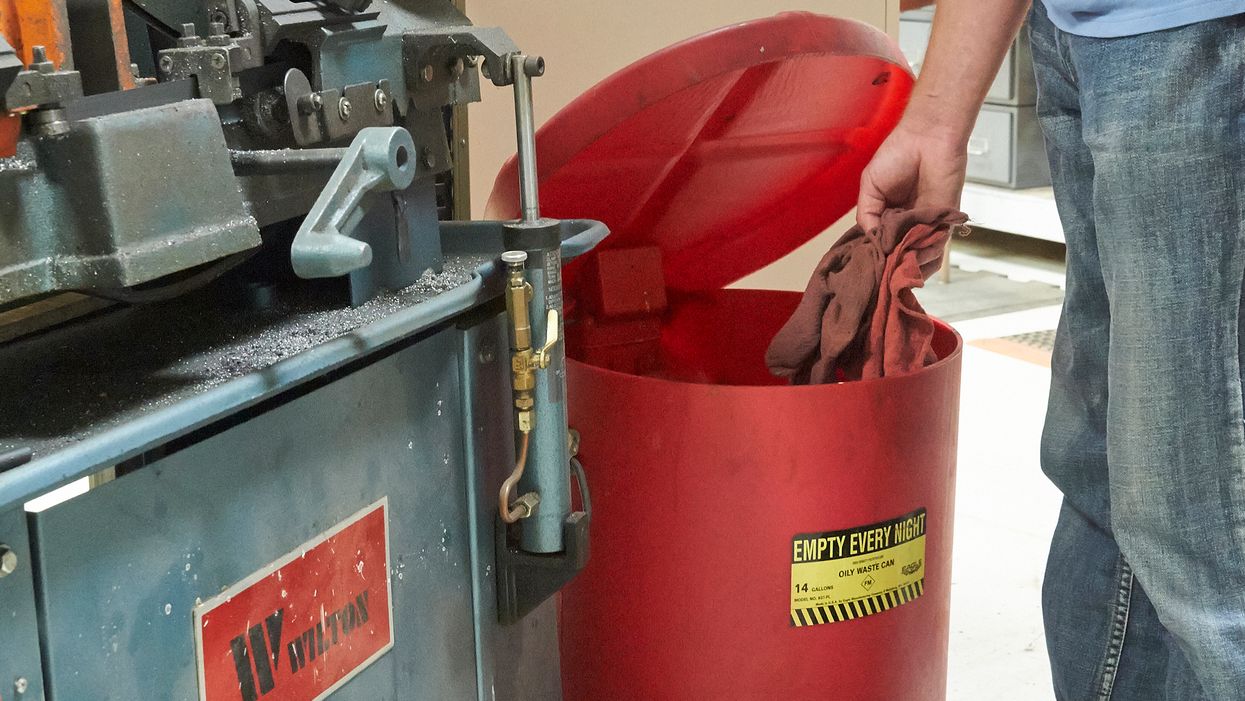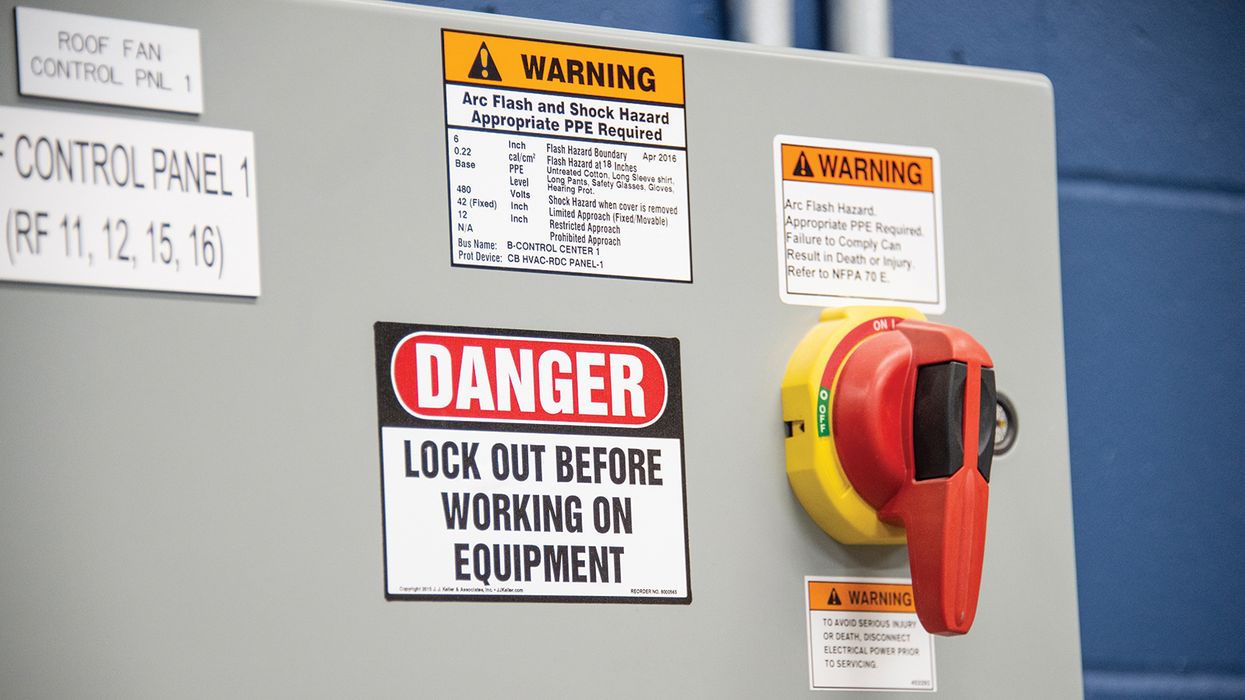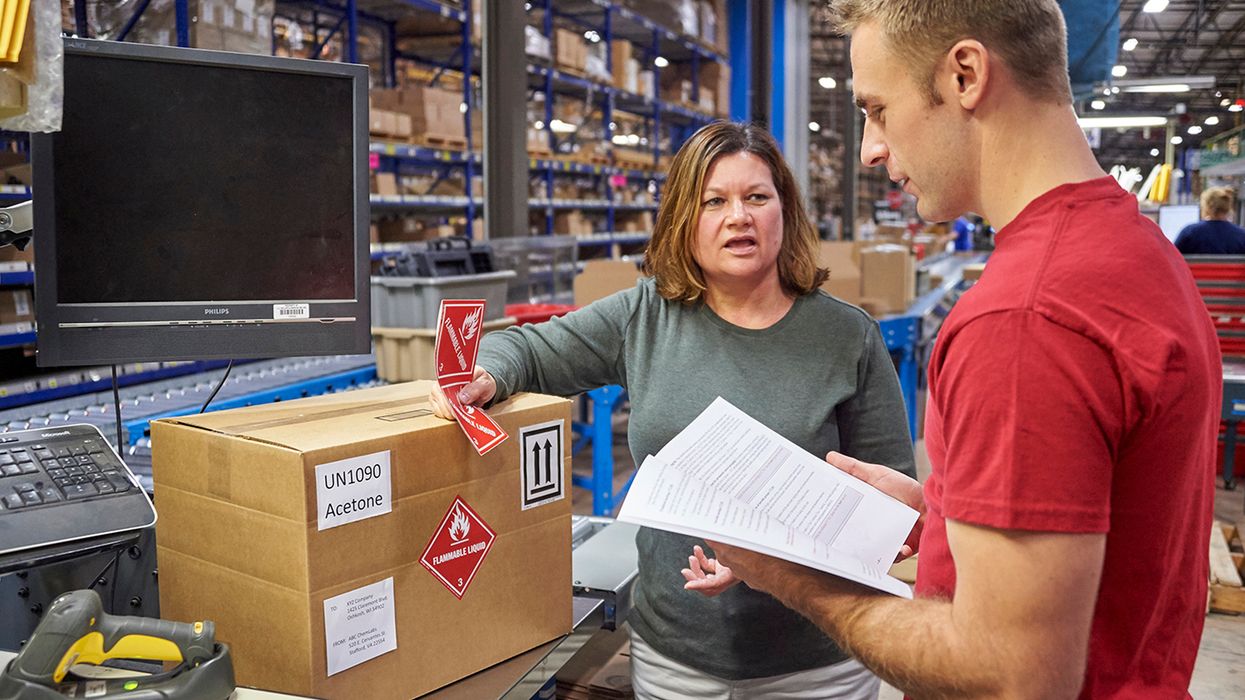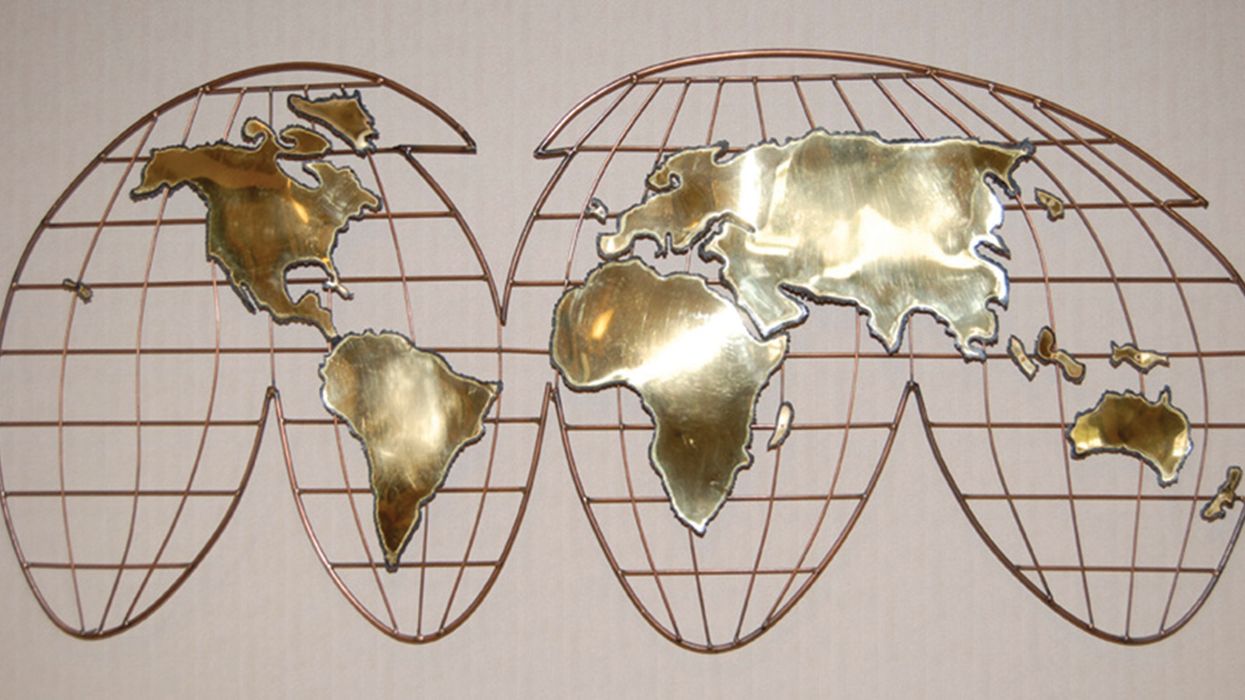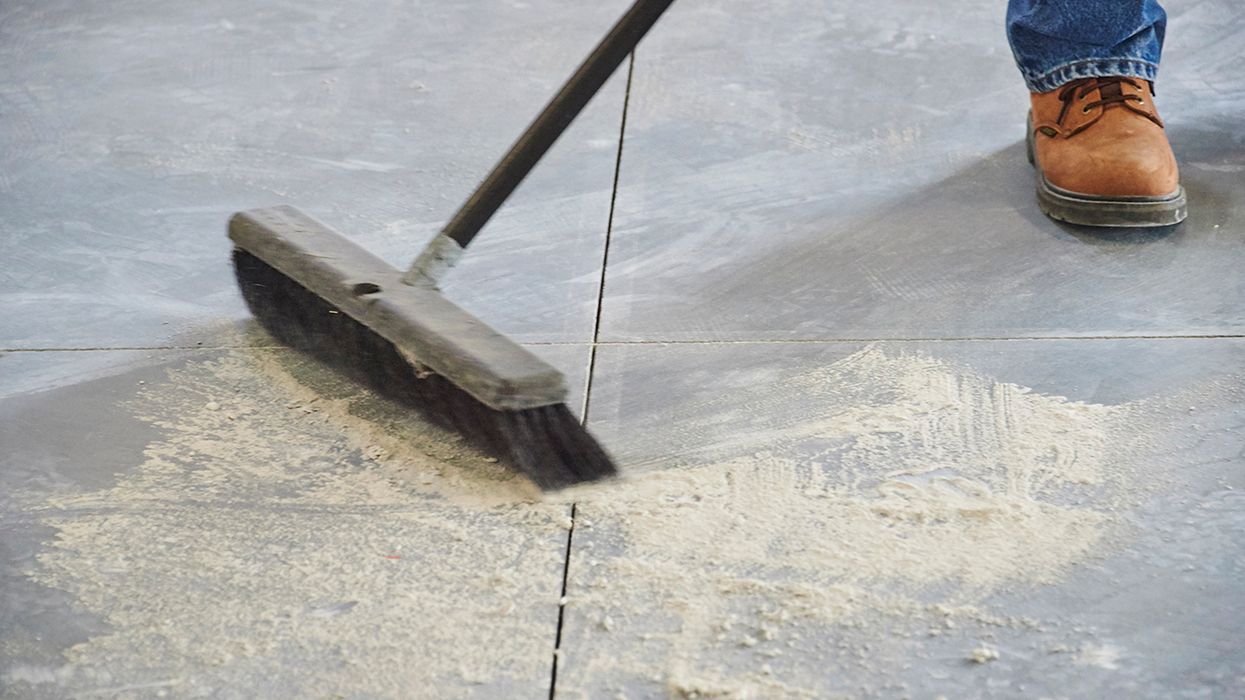Do mechanics need a DQ file? The answer may surprise you.
Commercial motor vehicle (CMV) drivers must be properly qualified.
However, a common misconception is that a mechanic operating a carrier’s commercial motor vehicle (CMV) locally on a public roadway need not be qualified under the Federal Motor Carrier Safety Regulations (FMCSRs) or the state. Some people may believe that a commercial driver’s license (CDL) and a medical certification means the mechanic is qualified to drive their CMVs, which is not correct.
If a mechanic, employed by the carrier or not, gets in a crash in a carrier’s CMV, this could increase liability for the carrier if the driver is not properly qualified.
Which definition of a CMV applies?
A vehicle and driver may be regulated in intrastate or interstate commerce.
Intrastate commerce only means that the applicable state’s CMV definition for safety regulations purposes and qualification requirements would apply.
Interstate commerce means that a driver operates across state or international borders, or the segment is part of a movement that started in or goes to another state or country.
If operating in interstate commerce, per 49 CFR Section 390.5, a CMV is a vehicle used on a highway that:
(1) Weighs or is rated at 10,001 pounds or more; or
(2) Is designed or used to transport more than eight passengers (including the driver) for compensation; or
(3) Is designed or used to transport more than fifteen passengers (including the driver); or
(4) Is used to transport hazardous material requiring placards.
Best practice: To minimize the risk of non-compliance, the federal definition of a CMV and compliance with the FMCSRs is the prudent option.
Common mechanic scenarios
1. The mechanic only operates CMVs in the carrier’s yard, not open to public travel.
No DQ file is required since FMCSA and states regulate CMVs operating in public travel areas.
2. The mechanic is the carrier’s employee.
The carrier is responsible for compliance as follows:
- Intrastate commerce only: Depending on the state’s definition of a CMV and its adoption of safety regulations, it may require a DQ file or specific qualification actions or documents.
- Interstate commerce: The driver operating a CMV per Section 390.5 must have a DQ file with the contents outlined in Section 391.51.
3. The mechanic works for a third-party repair facility.
FMCSA defines an employee for regulatory purposes as any individual who drives a carrier’s CMV. The carrier does not have to pay the mechanic’s wages to be an employee for safety regulation purposes.
Consider these scenarios when allowing a mechanic from a third-party repair facility to operate your CMV on a public roadway:
The third-party repair facility is a DOT carrier: The repair facility must qualify the mechanic. However, a written agreement should allow the repair facility to operate the carrier’s CMVs under the repair facility’s DOT number.
The third-party repair facility is not a DOT carrier: The carrier must qualify the mechanic based on state or federal requirements or allow the repair facility to qualify the driver as the carrier’s agent.
Watchout: Mechanics operating CDL-vehicles on public roadways must also be in a Department of Transportation drug and alcohol testing program.
Key to remember: To minimize risk, properly qualify mechanics that operate CMVs on public roadways.

